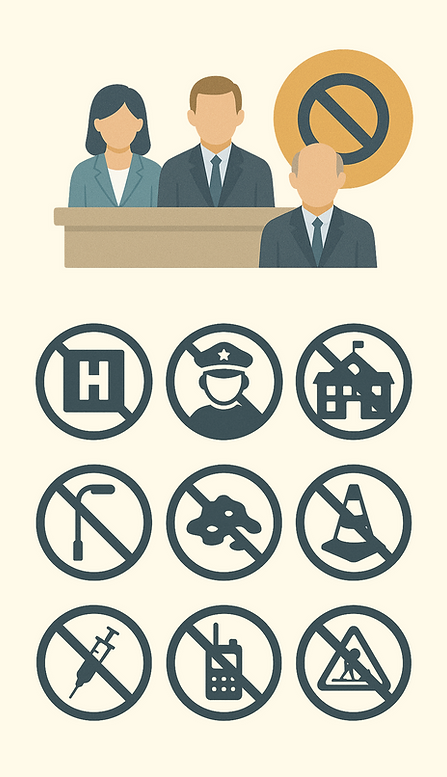BEING A COUNCILLOR
What It’s Like to Be a Town Councillor in Thetford
What Do Councillors Actually Do?
-
Being a town councillor means being a voice for your community. Here’s what that involves:
-
Representing Local People
-
We listen to residents’ concerns, help raise issues, and work to improve local life in Thetford.
-
Attending Council Meetings
-
We take part in regular Town Council meetings to discuss, vote on, and influence decisions that affect the town.


Making Decisions
on Local Services
These include:
-
Parks and green spaces
-
Cemeteries
-
Community buildings
-
Public toilets
-
Events and community grants
-
Shaping Planning Responses
-
We give the council's input on local planning applications (though final decisions are made by Breckland District Council).
-
Setting the Budget
-
We help decide how your local council tax precept is spent to benefit Thetford.



How much do we get Paid?
-
This is a Voluntary Role
-
Being a councillor is not a paid job.
-
We volunteer our time because we care about our community.
-
There’s no salary, no perks, and no personal benefit, just the satisfaction of helping Thetford thrive.

What we Cannot do?
While we’re here to help, there are some important limits to our role. Here’s what Town Councillors do not have the power to do:
❌ We can’t act alone
Decisions are made collectively by the full council or its committees.
❌ We’re not “on call” 24/7
But we’re approachable and do our best to respond to residents’ concerns.
❌ Fix Roads, Streetlights, or Potholes
That’s the responsibility of Norfolk County Council, which handles highways, street maintenance, gritting, and traffic signage.
❌ Collect Bins or Manage Waste
Refuse collection, recycling, and street cleaning fall under Breckland District Council.
❌ Make Planning Decisions
We can review and comment on planning applications, but we don’t have the power to approve or reject them — that’s also up to Breckland District Council.
❌ Run Schools, Police, or Healthcare
Education, policing, social care, and health services are handled by other authorities such as Norfolk County Council, Norfolk Constabulary, or the NHS.
❌ Enforce Laws
We’re not enforcement officers and cannot intervene directly in legal or criminal matters. If there’s a crime or serious issue, it should be reported to the police or the relevant authority.
What You Don’t See
Behind the Scenes
-
We spend time reading documents and preparing for meetings.
-
We often attend community events and meet with residents informally.
-
We collaborate with district and county councils to raise bigger issues.
-
Many of us serve on committees or working groups on key topics like youth, environment, or heritage.


How You Can Get Involved
-
Come to a Town Council meeting (they’re open to the public)
-
Speak to a councillor – we’re happy to chat
-
Volunteer for community projects
-
Consider standing for election in the future


